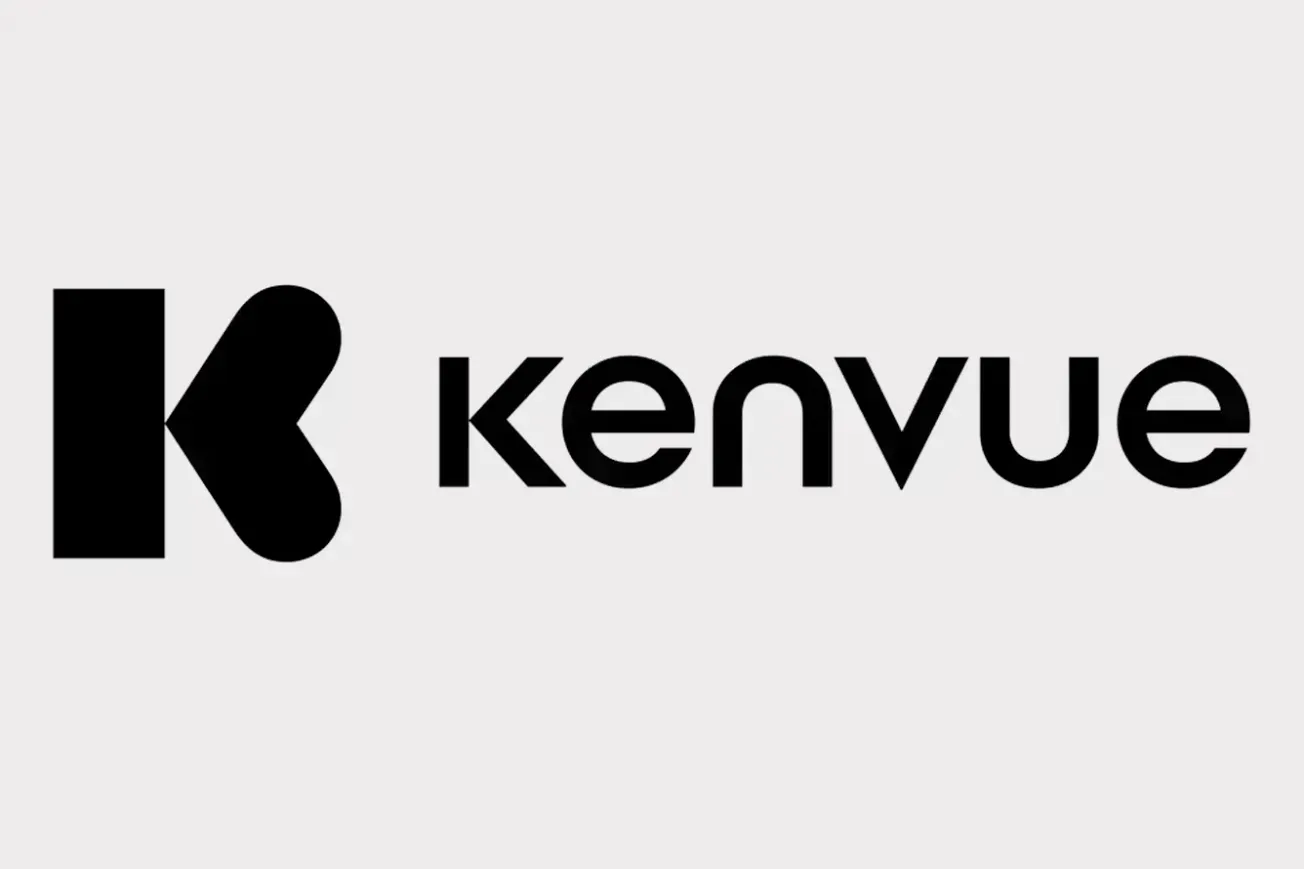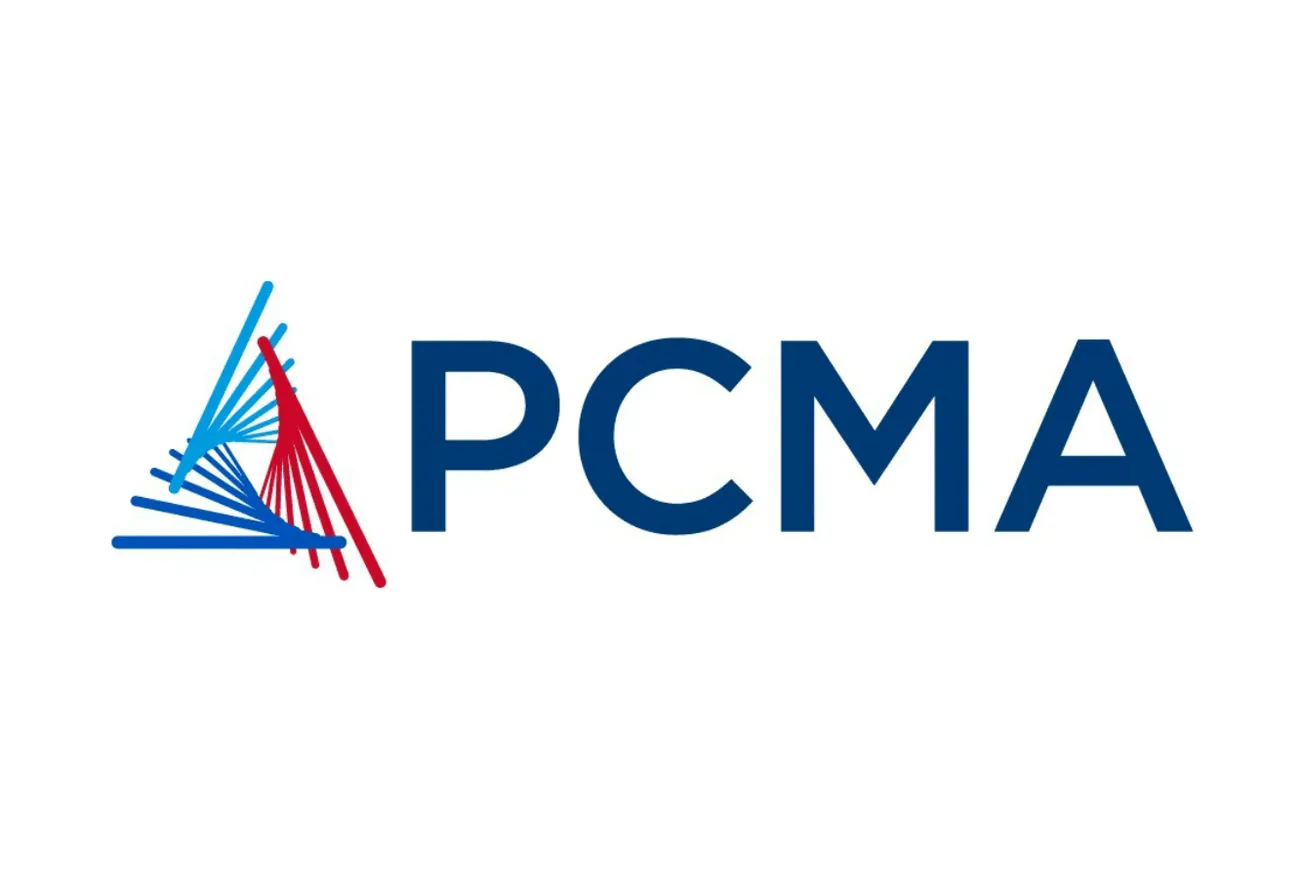RESEARCH TRIANGLE PARK, N.C., and SANTA CLARA, Calif. — GlaxoSmithKline (GSK) and XenoPort Inc. have received approved from the Food and Drug Administration for Horizant Extended-Release Tablets, a treatment for moderate-to-severe primary Restless Legs Syndrome in adults.
The companies said late Wednesday that Horizant (gabapentin enacarbil) represents the first medication in its class to be approved for the treatment of moderate-to-severe primary Restless Legs Syndrome.
A neurological disorder, Restless Legs Syndrome is characterized by an urge to move the legs usually caused or accompanied by uncomfortable and unpleasant sensations in the legs. Estimates of the prevalence for Restless Legs Syndrome in adult patients with medically significant symptoms range between 1.5% to 2.7% in United States and/or western European populations.
"Clinical experience has substantiated that Restless Legs Syndrome, also referred to as Ekbom Disease, is a long-term neurological condition characterized by an urge to move caused by unpleasant sensations in the legs," explained Richard Bogan, M.D., chairman and chief medical officer of SleepMed of South Carolina in Columbia, S.C., and a clinical trial investigator. "Our experience has shown that patients with moderate-to-severe primary Restless Legs Syndrome can suffer from a range of disruptive symptoms and may benefit from a new treatment option."
The efficacy of Horizant in the treatment of patients with moderate-to-severe primary Restless Legs Syndrome was demonstrated in two 12-week clinical trials in adults, according to GSK and Xenoport. The medication is not recommended for patients who are required to sleep during the daytime and remain awake at night.
"Restless Legs Syndrome remains underrecognized, and many patients go untreated as a result," stated Atul Pande, M.D., senior vice president for the GlaxoSmithKline Neurosciences Medicine Development Center. "GSK has been committed to helping patients and health care professionals better understand and treat this condition. We are pleased to provide a new treatment for moderate-to-severe primary Restless Legs Syndrome."
Ronald Barrett, XenoPort’s chief executive officer, commented, "This significant milestone represents the culmination of XenoPort’s efforts to develop a non-dopaminergic therapy for patients with Restless Legs Syndrome. XenoPort is honored to have contributed to the efforts to find new treatments for Restless Legs Syndrome, and we hope that we can continue to develop other important medicines that can provide meaningful treatment benefit to sufferers of central nervous system disorders."







